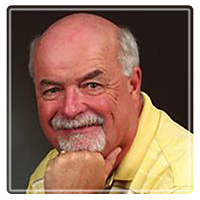
Eating Disorder Counsellor
Fred West, RCC
Registered Clinical Counsellor
In V2R 0G1 - Nearby to Hope.
I am sorry I do not offer this service but the system will not let me cross this off the list. I apologize to you, the client, for having you click on this only to find I DO NOT offer this service. I'm sure it is a clich in the theravive system that I am unable to correct. Best wishes for your continued search to find the right therapist for you! Fred West
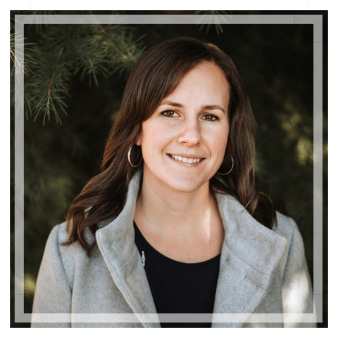
Eating Disorder Counselor
Olivia Mayer, MA, RCC
Registered Clinical Counsellor
Available for Online Therapy
Olivia has a passion for helping individuals struggling with eating disorders, providing support through a behavioral and trauma-informed approach. She helps clients uncover and address the underlying emotional and psychological factors contributing to their disorder while equipping them with practical strategies for recovery. Olivia’s compassionate and holistic approach focuses on creating a safe space for clients to explore their relationship with food and their bodies, empowering them to build healthier habits and a positive self-image. By integrating trauma-informed care with actionable tools, Olivia walks alongside her clients as they work toward healing, resilience, and lasting change.
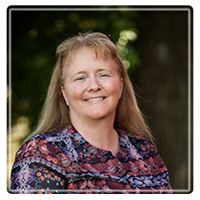
Eating Disorder Counsellor
Debbie Welsh, MSW, RSW (#09253)
Registered Social Worker/Clinical Counselor
In V2R 4E5 - Nearby to Hope.
The client will explore what is happening at a deeper level when understanding their eating disorder and what drives this behavior. The disorder is only a symptom of something much deeper happening within the client's inner experience. With Cognitive behavioral therapy and mindfulness therapy techniques this issue can be explored and solutions offered.
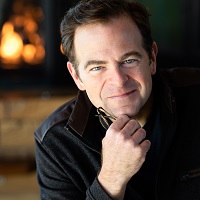
Eating Disorder Counselor
Kevin Fleming, Ph.D.
Coach/Change Agent/Consultant
At Home or Private Discreet Intensives
While most eating disorder issues are treated by cognitive behavioral methodologies or specialized outpatient/inpatient programs, Grey Matters International and the work of Kevin J. Fleming, PhD provide relief first and foremost for the brain of one suffering from an eating disorder----without giving them medication. We believe that the neural circuitries responsible for the compulsive behaviors with eating are not necessarily only a neurotransmitter issue but of overused neural networks that affect the harmonization, balance, and decisions of the whole brain. Contact kevin@kevinflemingphd.com or 877-606-6161 to learn more about this safe and effective alternative.
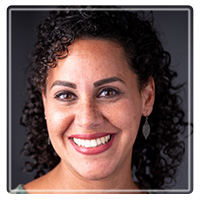
Eating Disorder Counselor
Heather Awad, MCP, RCC
Registered Clinical Counsellor
Available for Online Therapy
If you’ve struggled with disordered eating, you are all too familiar with compulsive behavior, obsessive thoughts and a disconnect from the body. You may also have a constant need for control while at the same time feeling a frightening and exhausting loss of all control. Please know that none of this is your choice, but rather is a state of stress and overwhelm while you do your best to feel better. I have nothing but compassion for the distress that comes with food-related challenges, and you have my commitment to help you care for the difficult underlying emotions involved. Together, we will create a safe space to move towards healing and a safe relationship with food and the body.
You Have Found Honest and Real Therapy for Food Issues in Hope, BC.
Are you ready to start on a new path? Thank you for visiting our British Columbia search of licensed therapists in Hope who specialize and have experience treating food issues such as anorexia, over eating, food aversions, orthorexia nervosa and bulimia. Food issues affect anyone, both children and adults and can impede our relationships and daily life. Counselling for help with food and eating is a vital component of healthy recovery and restoration. Find the right counselor for eating and food issues in Hope right now and begin your new life.
Hope is located in British Columbia, Canada. It has a land area of 40.95 square kilometers. The population of Hope is 6,181 people with 2,872 households . The population ranking for Hope is #613 nationally and #82 for the province of British Columbia with a density of 151.00 people per sq km. Hope therapists serve postal code: V0X.
